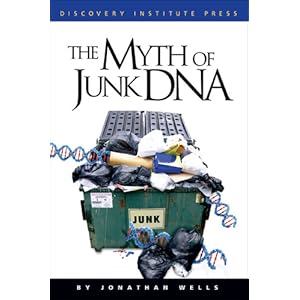What’s SETI doing these days?
According to David Shiga (New Scientist 18 May 2011), they’ve been repurposed after the recent shutdown* when state funds dried up: “Alien-hunters focus in on habitable planets”:
Astronomers from the University of California, Berkeley, the SETI Institute of California, and the US National Radio Astronomy Observatory are listening for alien signals from dozens of planets in the so-called “habitable zone” of their stars, the first time a targeted search of this kind has been undertaken.
“We’ve honed the list to the really exciting exoplanets,” says team member Dan Werthimer of UC Berkeley
Essentially, they are looking for planets in habitable zones. Read More ›


 As David Klinghoffer
As David Klinghoffer  Few things in that area show much promise, but this one does.
Few things in that area show much promise, but this one does.